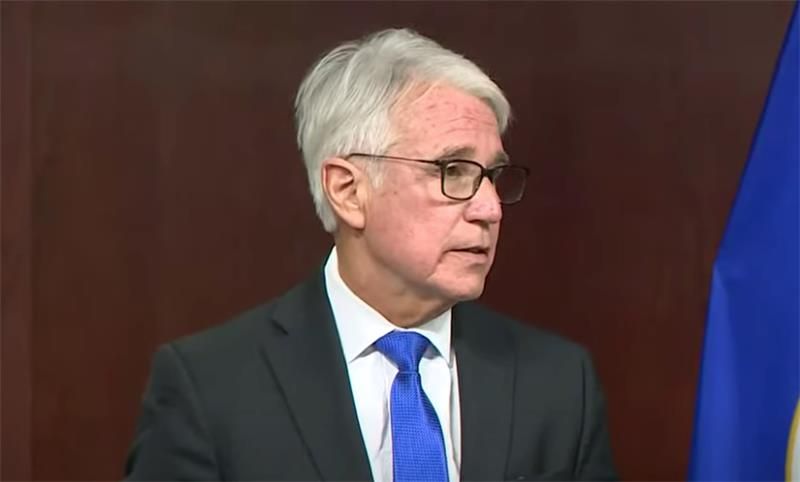‘Natural burial’ option debuts in Archdiocese of Chicago

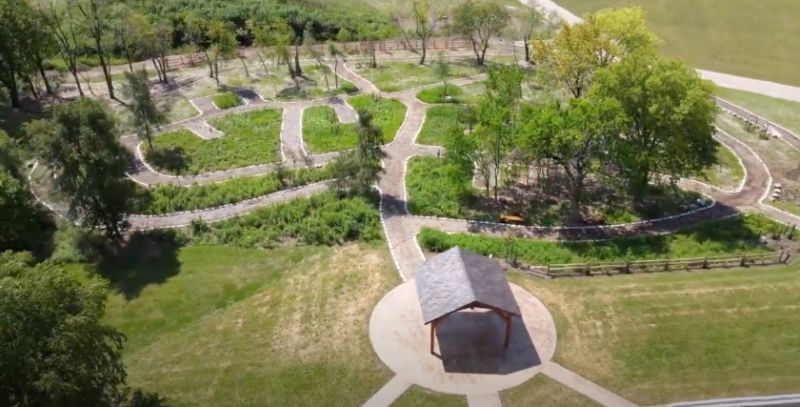 The new section of the St. Michael the Archangel Cemetery in Palatine, Illinois, will feature “winding walking trails, native plants, and a mixture of meadow and forest terrain.” / Credit: Courtesy of Archdiocese of Chicago
The new section of the St. Michael the Archangel Cemetery in Palatine, Illinois, will feature “winding walking trails, native plants, and a mixture of meadow and forest terrain.” / Credit: Courtesy of Archdiocese of Chicago CNA Staff, Aug 31, 2024 / 07:00 am (CNA).
The Archdiocese of Chicago has announced the debut of a new “natural burial” option at one of its Chicago-area cemeteries, reportedly the first such Catholic offering in the state and one that officials say will help “honor the dignity of life” while respecting the environment.
Catholics will now have the option of using natural burial plots at St. Michael the Archangel Cemetery, about 25 miles outside of Chicago, the archdiocese said in a press release.
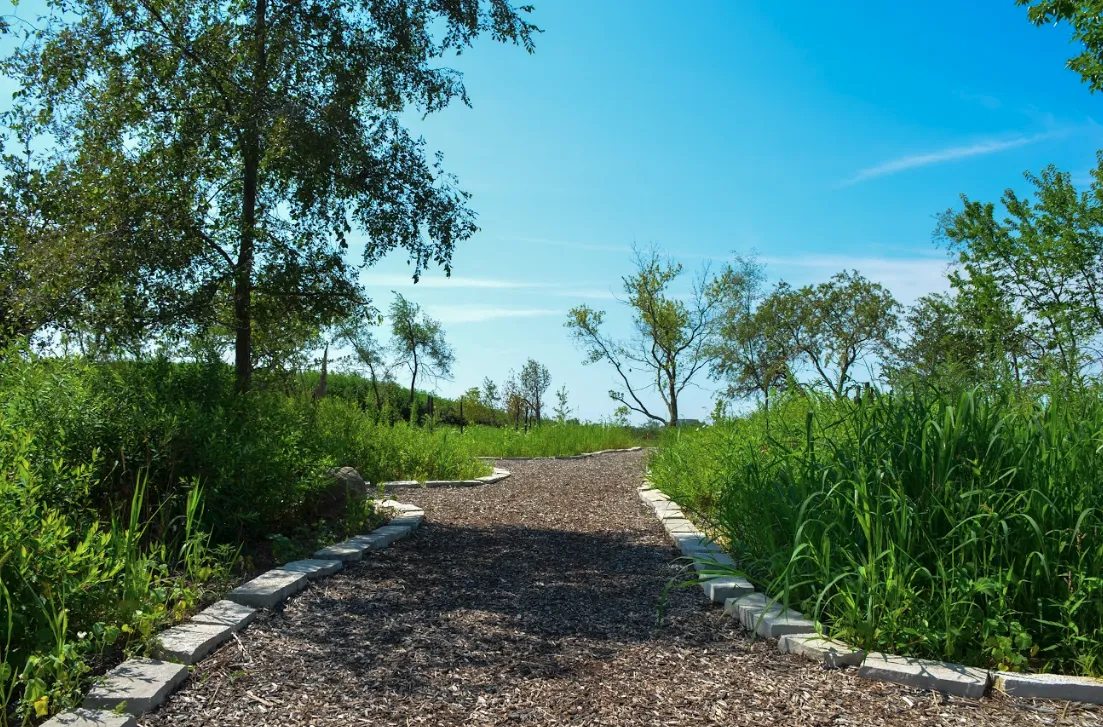
Natural burials — sometimes called “green” burials — have been growing in popularity in the U.S. in recent years, including at Catholic cemeteries. The practice seeks to use fewer resources than modern burial practices, including steel-free caskets and burial directly into the earth rather than encased by a concrete “vault.”
The archdiocese said that natural burials “emphasize simplicity and environmental responsibility by allowing the body to return to the earth naturally.”
The archdiocese said it had set aside a section of the St. Michael Cemetery in Palatine, Illinois, for the natural burial plots. Dubbed the “Meadows of St. Kateri” after St. Kateri Tekakwitha, the first Native American to be recognized as a saint by the Catholic Church, the area will offer “winding walking trails, native plants, and a mixture of meadow and forest terrain.”
Burials in the natural plots “will be memorialized with a choice of flush lawn-level memorial, an engraved boulder, or a boulder with a bronze nameplate,” the archdiocese says on its website.
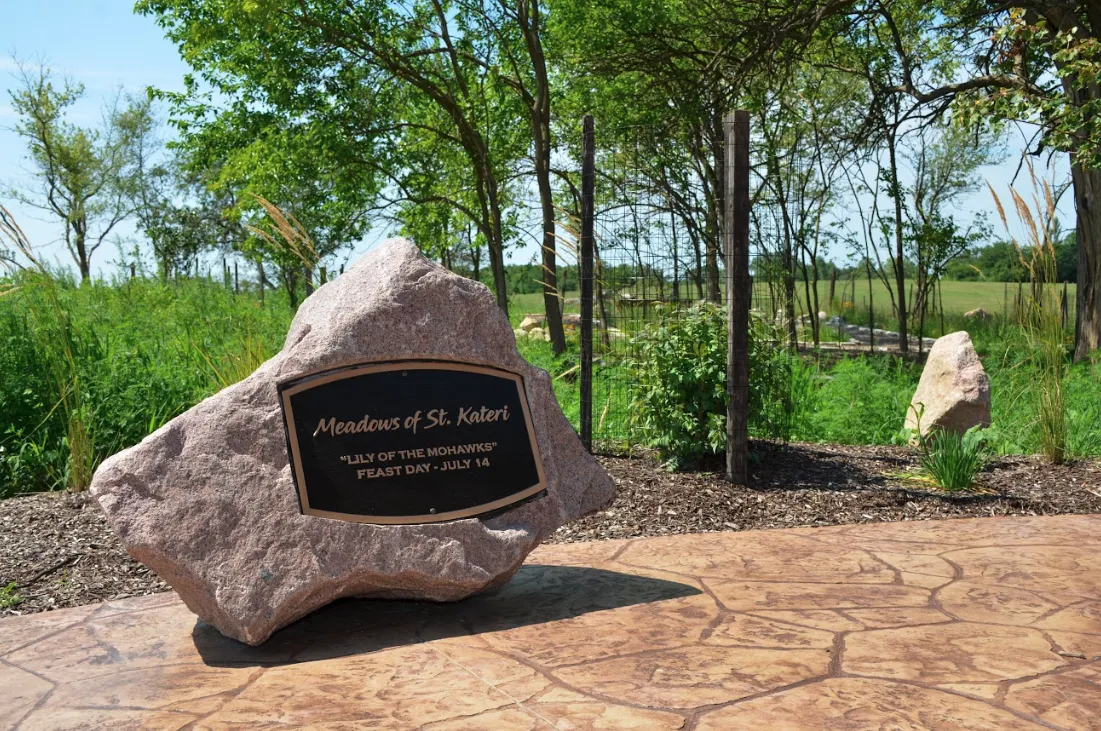
Ted Ratajczyk, the executive director of Catholic Cemeteries of the Archdiocese of Chicago, said in the release that the archdiocese was “honored to offer a new natural burial option that not only respects the environment but also aligns with Catholic teachings for treating the human body with dignity.”
“This initiative reflects our commitment to providing choices that honor the dignity of life, the needs of our community, and the values of our faith,” Ratajczyk said.
Natural burials have seen increased interest in the U.S. in recent years amid concerns over the environmental and financial costs of conventional options.
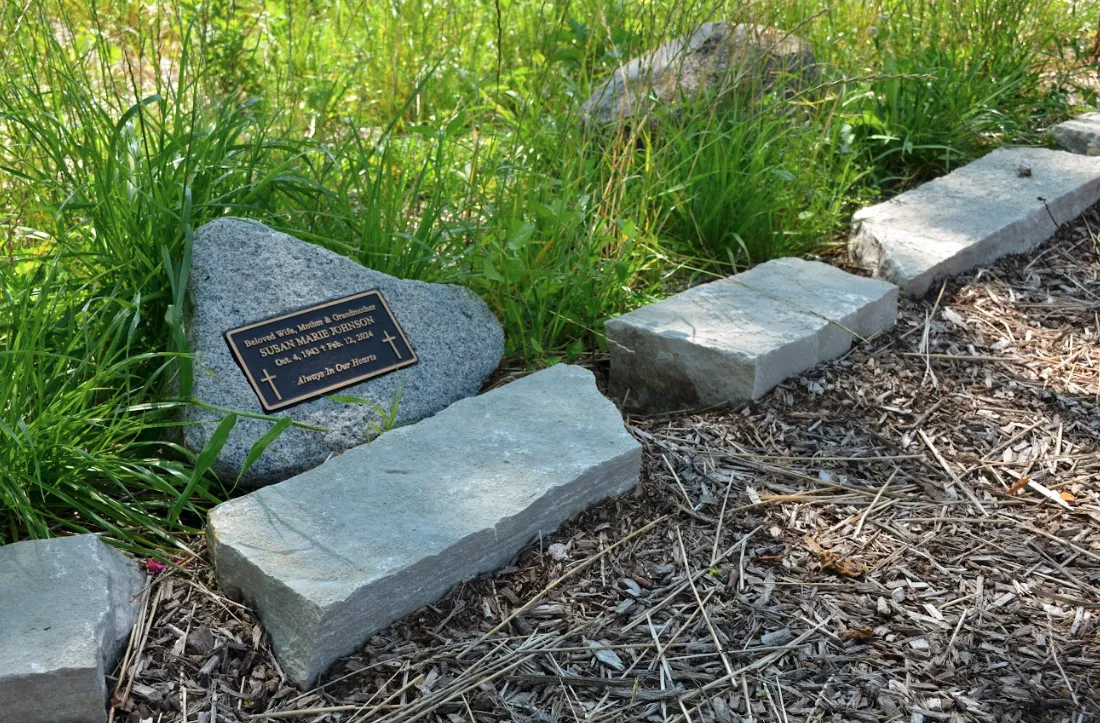
The funeral and burial economic sectors in the United States — commonly grouped together as the “death care industry” — are both financially lucrative and highly resource-intensive.
The National Funeral Directors Association says on its website that the death care industry as a whole generated about $ 16 billion in the latest annual data.
Just over $ 3.3 billion of that amount is linked to “cemeteries and crematories.” Industry estimates, meanwhile, indicate that cemeteries bury tens of thousands of tons of steel coffins every year, along with several million gallons of “embalming fluids” such as formaldehyde and methanol.
On its website, the archdiocesan cemetery office says that natural burials represent “a return to tradition.”





